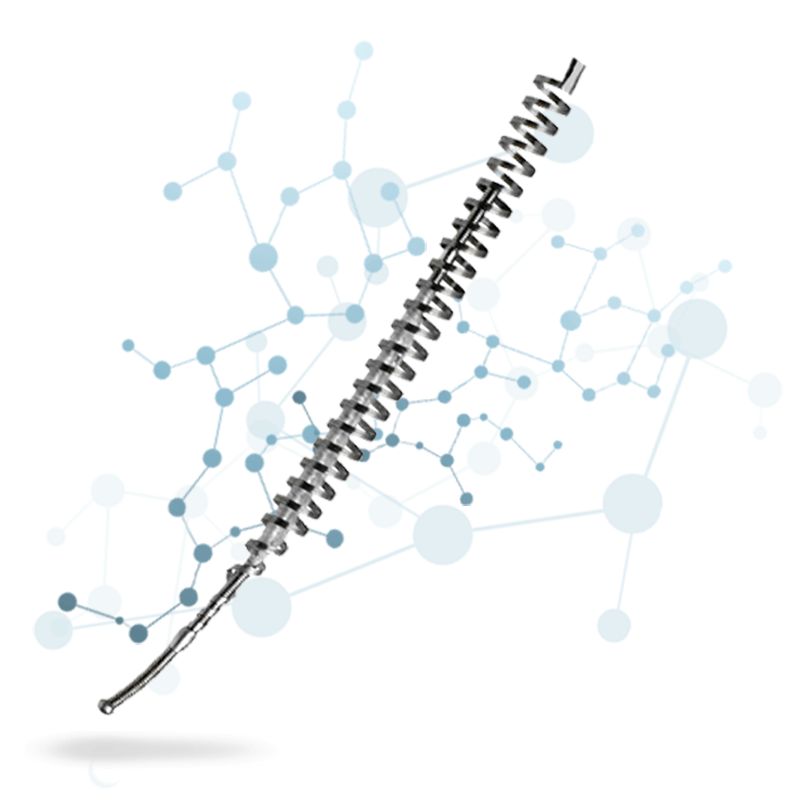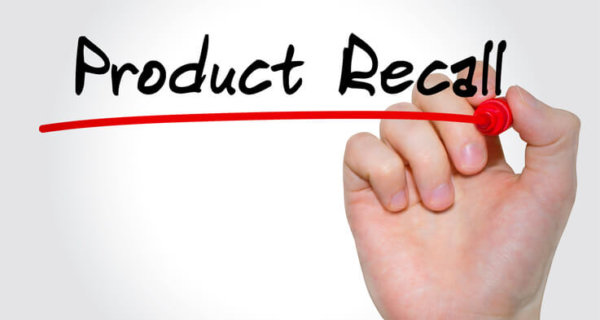Essure Overview
 More than half a million women in the U.S. have gotten the Essure® birth control implant. Essure consists of two metal coils, with one inserted into each fallopian tube. These inserts are designed to build up scar tissue which forms a barrier around both coils, blocking sperm from entering. Essure permanent birth control has been available since November 2002. Bayer, the device’s manufacturer, states that Essure is nearly 100% effective for permanent birth control. However, that is unfortunately not true. Thousands of women have reported permanent injuries, including autoimmune diseases, perforated organs and severe pelvic pain from Essure. Bayer currently faces over 3,700 lawsuits — all from women whose lives are negatively impacted by a faulty birth control device. We’ll walk you through the device’s history, reported side effects, FDA warnings and current litigation in our Essure overview.
More than half a million women in the U.S. have gotten the Essure® birth control implant. Essure consists of two metal coils, with one inserted into each fallopian tube. These inserts are designed to build up scar tissue which forms a barrier around both coils, blocking sperm from entering. Essure permanent birth control has been available since November 2002. Bayer, the device’s manufacturer, states that Essure is nearly 100% effective for permanent birth control. However, that is unfortunately not true. Thousands of women have reported permanent injuries, including autoimmune diseases, perforated organs and severe pelvic pain from Essure. Bayer currently faces over 3,700 lawsuits — all from women whose lives are negatively impacted by a faulty birth control device. We’ll walk you through the device’s history, reported side effects, FDA warnings and current litigation in our Essure overview.
Essure Overview: The Ectopic Pregnancy Problem
Getting Essure implanted involves a doctor inserting flexible coils through the vagina and cervix, then into the fallopian tubes. From there, the body triggers a response called fibrosis, and scar tissue slowly envelops both coils. This forms a barrier that prevents sperm from fertilizing your eggs — at least in theory.
But the Essure procedure is not 100% effective for permanent birth control, as Bayer claims. The U.S. Food and Drug Administration (FDA) states that Essure isn’t immediately effective in preventing pregnancy. In fact, the agency recommends using another form of birth control for three months after implantation. But even after that timeframe, women still get pregnant. A Yale University School of Medicine at UC Davis study found 57 out of 1,000 women became pregnant in the first year after hysteroscopic sterilization (Essure). Compare that statistic to just 3 out of 1,000 women who received laparoscopic sterilization becoming pregnant.
The problem is that these pregnancies often happen in older women, putting moms and babies at increased risk for complications. Unfortunately, if you do conceive while implanted with Essure, you have a greater chance of it being an ectopic pregnancy.
Ectopic pregnancies occur when fertilization happens outside the woman’s uterus. This typically happens within the fallopian tubes. An ectopic pregnancy cannot simply proceed as usual. The fertilized egg can’t survive outside the uterus, and the growing tissue could eventually destroy various internal organs. If untreated, life-threatening blood loss and rupture of the fallopian tubes (or ovaries) may result.
Still, potential Essure injuries extend far beyond ectopic pregnancy risks.
Essure Overview: Permanent Birth Control Implant Complication Risks
There are several immediate side effects and potential long-term complications following an Essure implantation procedure. Those most commonly reported include:
- Cramping
- Vaginal bleeding
- Nausea
- Vomiting
- Fainting
- Pelvic or back pain
In rare cases, the patient’s body may expel a coil — though if that happens, it can cause additional health complications. Long-term Essure risks are even more devastating, including:
- Chronic pelvic pain
- Allergic reactions to Essure’s metal coils
- A coil perforating the fallopian tube or uterus
- Coil migration through the fallopian tubes
- Ectopic pregnancies
- Stillbirths
- Miscarriage
- Heavy periods
- Bloating
- Extreme fatigue
- Death
Essure Overview: The FDA Responds to Thousands of Adverse Event Reports
Since 2002, women have submitted more than 5,000 Essure adverse event reports to the FDA. While many women felt the FDA ignored their complaints, the agency finally convened a meeting about Essure in September 2015. This meeting included FDA officials as well as the Obstetrics and Gynecology Devices Panel of the Medical Devices Advisory Committee. They invited scientific and clinical experts to join the discussion, along with patients who wished to share their personal experiences. Ultimately, the agency received over 2,800 comments in the docket from Essure victims.
After that meeting, the FDA ordered Bayer to conduct a post-market surveillance study about Essure’s comparative health risks and benefits. While that study is still ongoing, the agency hopes its results can help determine whether Essure’s benefits outweigh its risks.
In November 2016, the FDA required a black-box warning be included with Essure’s packaging (the most serious warning possible). This warning mentions risks for implant perforation, device migration, allergic reaction, pain, and other possible adverse events, including death. Most of these potential dangers were never mentioned during the 14 years since the FDA approved Essure. And for thousands of women, this device black-box warning came far too late.
Essure Overview: Lawsuits Mount as Bayer Pulls Device Off Market
Bayer’s 2016 annual report states the company lost about $413 million in revenue that year from battling numerous Essure lawsuits. So far, they face about 3,700 pending claims. The first Essure lawsuit was filed in 2013.
Many women filing Essure lawsuits claim that Bayer failed to warn consumers about side effect risks — including ectopic pregnancy. Others say their doctors and the FDA ignored health problems linked to the device. Yet other women allege the only way to cover their significant medical expenses is by suing Bayer. Many plaintiffs demand justice as well as compensation for lost quality of life.
In fact, most Essure claims make similar allegations, including:
- Bayer’s failure to report potential Essure adverse events
- The company’s failure to conduct a complete Essure risk analysis
- Bayer’s failure to disclose 16,047 medical device complaints to the FDA of suspected device malfunction
- The company’s failure to report incidents of broken coils, migration, or bowel perforation
- Bayer’s failure to properly train doctors on how to implant Essure
In December 2018, Bayer agreed to stop selling Essure to U.S. consumers. If you wish to remove this device, speak to your doctor about the risks involved.
Check eligibility for compensation.
If you or a loved one developed severe complications while implanted with Essure permanent birth control, you may be entitled to compensation from the manufacturer. Request your free case evaluation now to see if you may qualify.
Lori Polemenakos is Director of Consumer Content and SEO strategist for LeadingResponse, a legal marketing company. An award-winning journalist, writer and editor based in Dallas, Texas, she's produced articles for major brands such as Match.com, Yahoo!, MSN, AOL, Xfinity, Mail.com, and edited several published books. Since 2016, she's published hundreds of articles about Social Security disability, workers' compensation, veterans' benefits, personal injury, mass tort, auto accident claims, bankruptcy, employment law and other related legal issues.




